Policy studies on agribusiness development
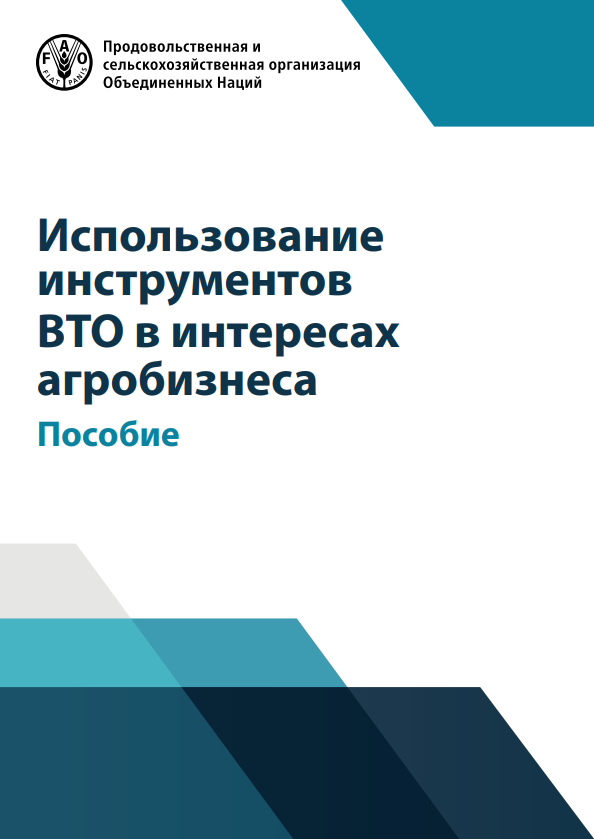
How to use the WTO instruments in the interests of agribusiness – A guide (available in Russian only)
01/01/2018
Businesses in WTO member countries may also benefit from the governments’ use of WTO instruments to promote trade growth and protecting against unfair practices. Moreover, businesses may directly use some of these instruments to raise awareness about the terms and conditions for getting access to foreign markets and, in cooperation with governmental authorities, receive support or protection as provided under WTO rules.
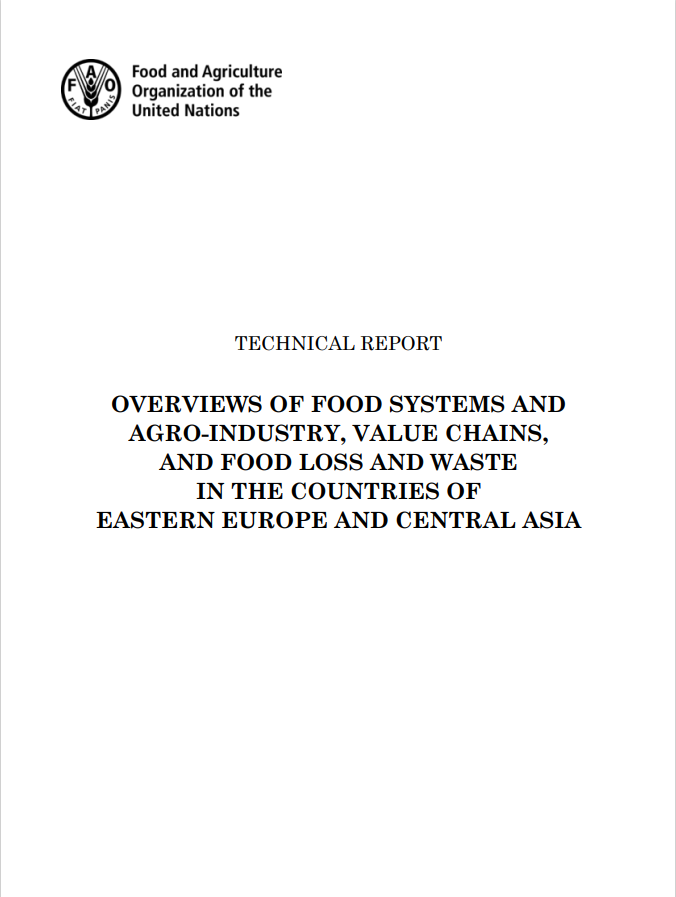
Overviews of food systems and agro-industry, value chains, and food loss and waste in the countries of Eastern Europe and Central Asia
01/01/2018
Tatiana LeGrand. This report overviews eighteen countries in Eastern Europe and Central Asia. The report examines agriculture sectors and food systems, relevant programmes, it reveals the status of agro-processing sector and value chain development activities, and it covers food loss and waste. In the final analysis it was concluded, that more research and data collection are needed to understand the extent of food loss and waste at regional and national levels.
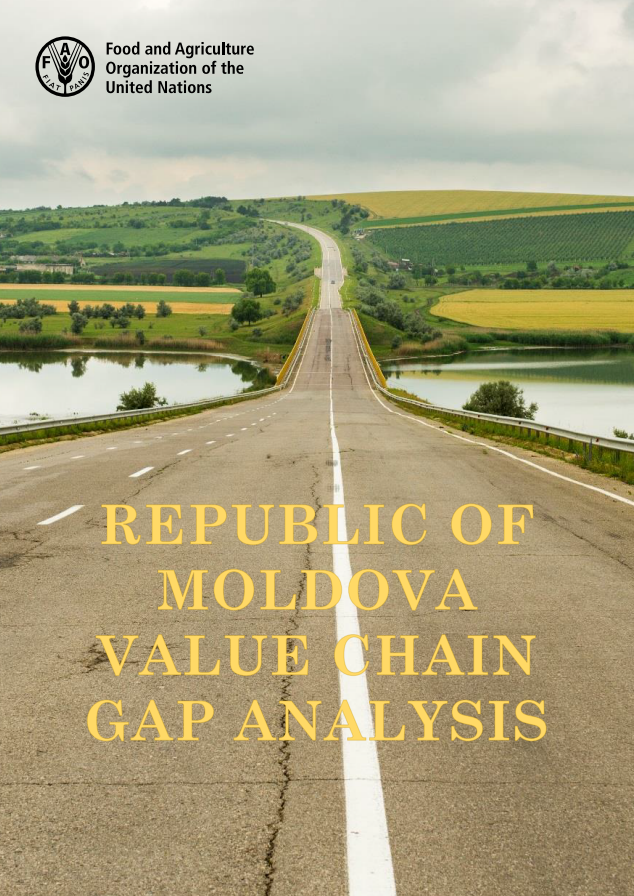
Republic of Moldova Value Chain Gap Analysis
01/01/2018
John O’Connell, Pavel Kiparisov. The goal of this study is to try to consolidate the information on countrywide value chain development gathered from various open sources and based on materials developed in one field mission by FAO officers with an emphasis on the plum and berry value chains. The authors did not aim at close examination of the selected value chains; rather, this paper is a general overview that will be a reference point for future field work in the country.
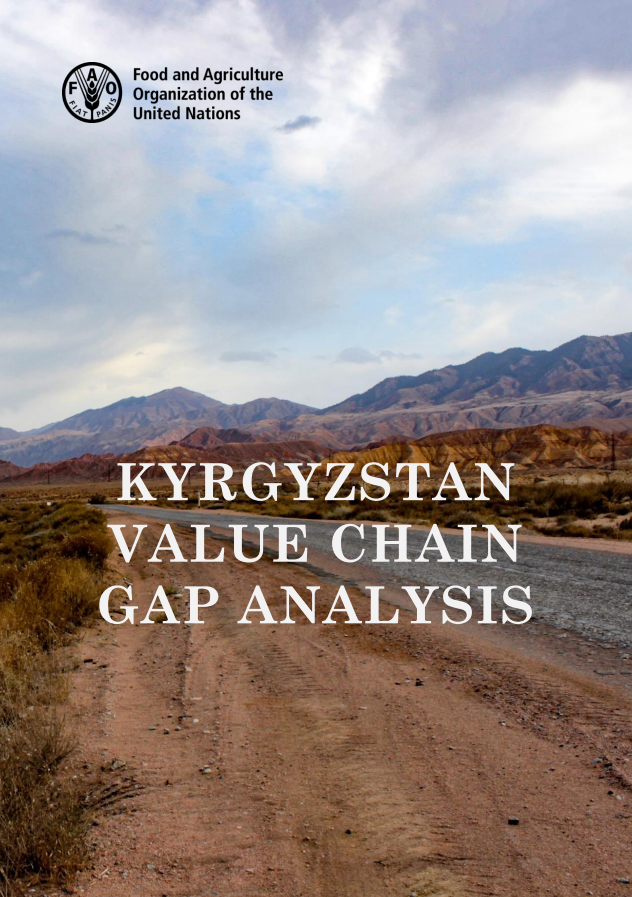
Kyrgyzstan Value Chain Gap Analysis
01/01/2018
John O’Connell, Pavel Kiparisov. The authors did not aim at close examination of the selected value chain; rather, this paper is a general overview that will be a reference point for future field work in the country. The recommendations provided in the paper will assist the FAO country office and the Government of the Kyrgyz Republic in decision-making and will inform other development organisations operating in the country about major value chain development activities.
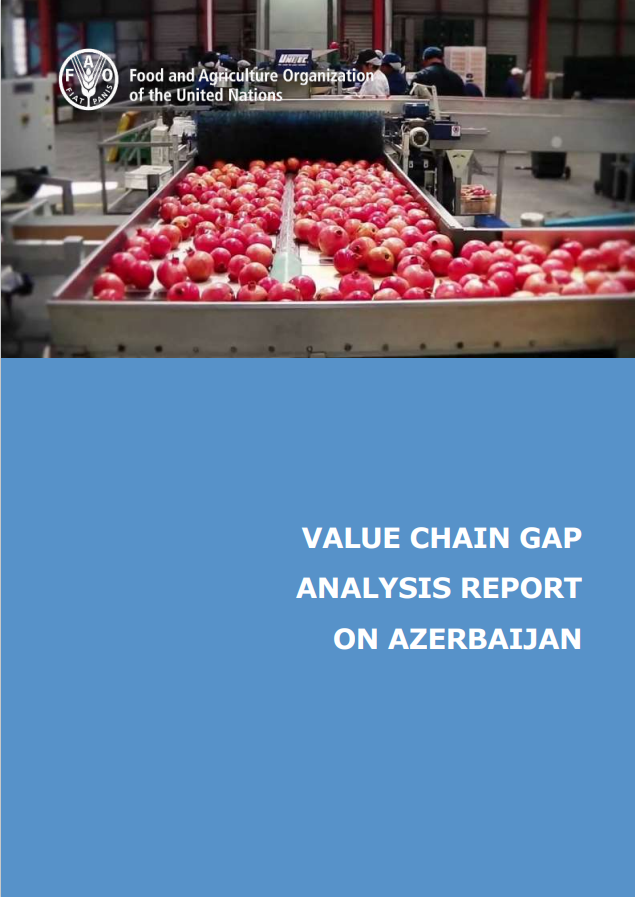
Azerbaijan Value Chain Gap Analysis
01/01/2018
John O’Connell, Zoltan Hradszky.The Value Chain Gap Analysis Report on Azerbaijan is meant to fill the gap in professional literature by providing a snapshot on how the government, the private sector and donor organizations work on creating an enabling environment supporting value chain (VC) development.
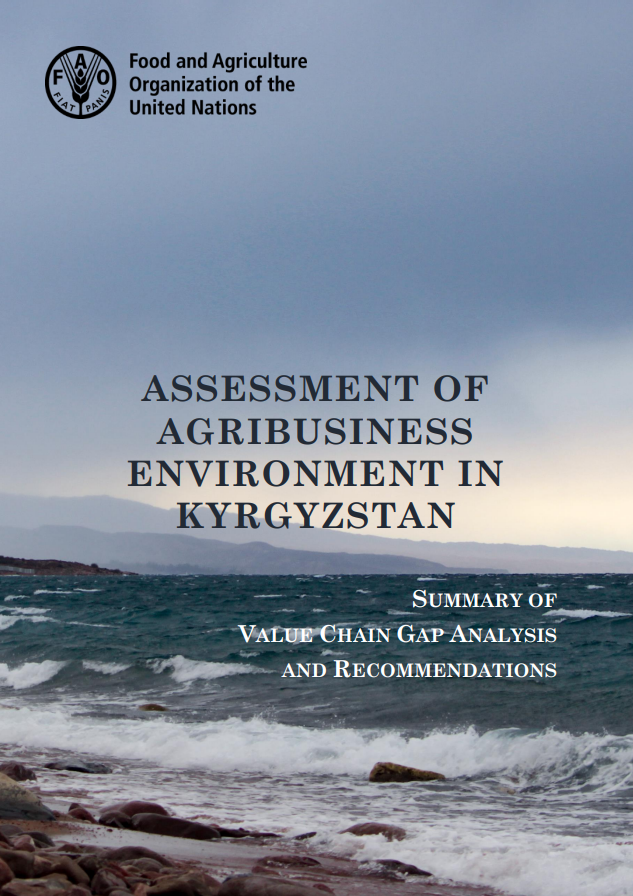
Assessment of Agribusiness Environment in Kyrgyzstan: Summary of Value Chain Gap Analysis and Recommendations
01/01/2018
John O’Connell, Pavel Kiparisov. The paper examines existing support measures for agriculture and covers the banking sector and trade policy. In addition, the paper describes main value chain actors and international development programmes.
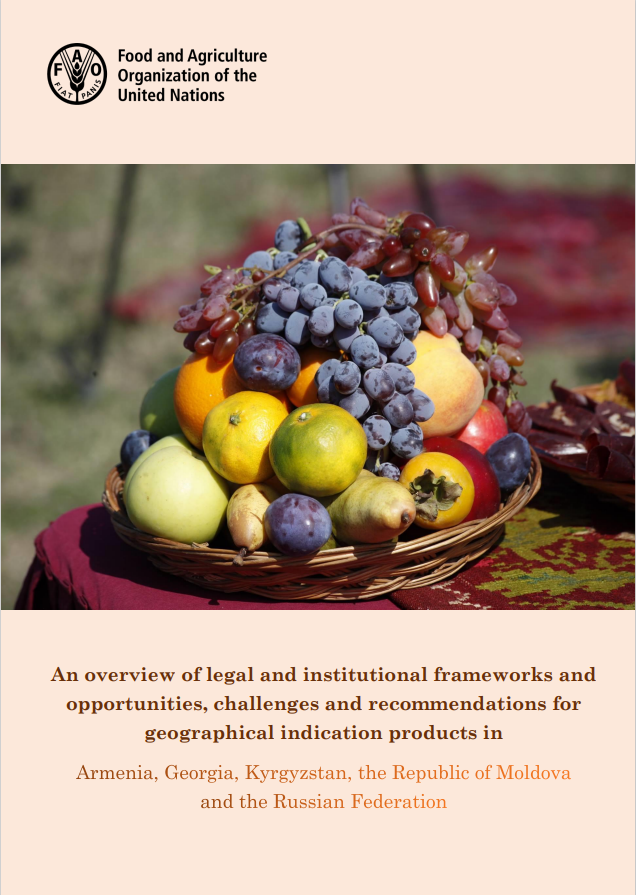
An overview of legal and institutional frameworks and opportunities, challenges and recommendations for geographical indication products in Armenia, Georgia, Kyrgyzstan, the Republic of Moldova and the Russian Federation
01/01/2018
Geographical indication (GI) schemes can play a special role in promoting sustainable rural development, improving farm income and opening new export potential. Natural factors such as soil, climate and plant varieties play a major role in producing a unique product. Usually, GIs comprise knowledge and skills passed on from generation to generation, helping to protect local heritage.
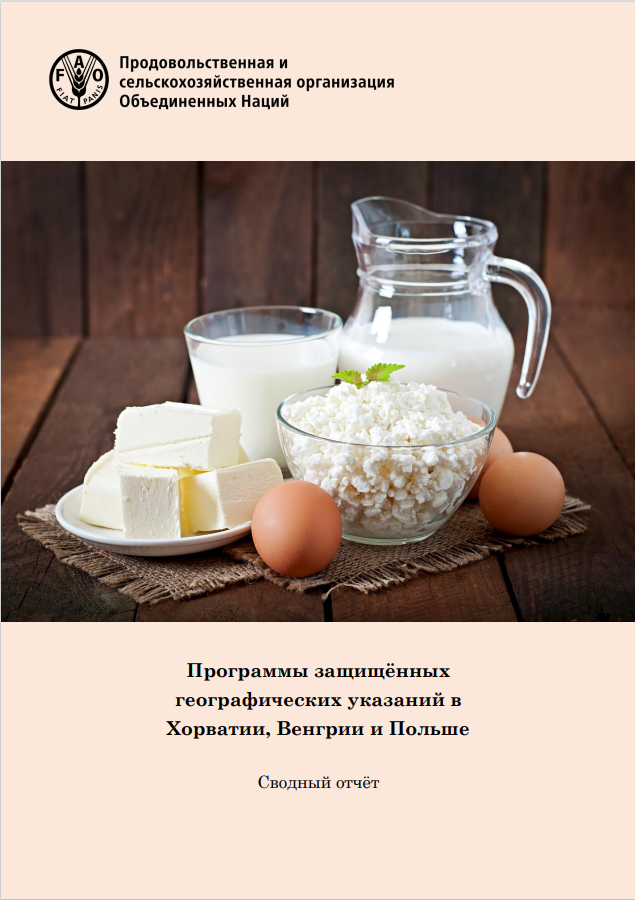
Geographical indication schemes in Croatia, Hungary and Poland
01/01/2018
General rules concerning geographical indications (for food products) are the same in all European Union countries. In light of this, the aim of the report is not to focus on the solutions of the community; rather, the report attempts to answer the question of how and for what purpose European quality policy tools are used in these countries.

Agrifood marketing and export promotion policies: case studies of Austria, Brazil, Chile, Estonia, Poland and Serbia
01/01/2019
The purpose of this paper is to identify the best promotional practices implemented in different countries and share them with governments planning to adopt or review trade promotion policies and with stakeholders.
